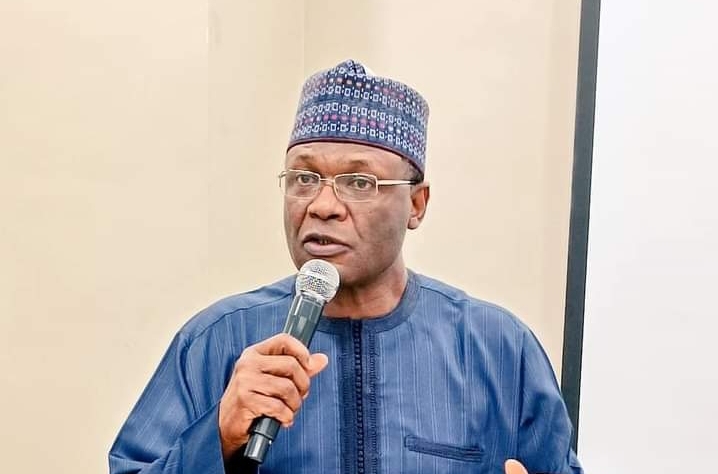In Lagos, youths take to the streets to protest economic hardship
BY ABIDEMI ADEBAMIWA
Nigeria is buzzing with young energy. With more than half of its population under 30, the country is full of bright, ambitious, and tech-savvy youth ready to take on the world. But here’s the big question: can they rise above the corruption that has been holding Nigeria back for so long?
Corruption in Nigeria feels like an unwanted guest that refuses to leave. It’s everywhere—from government contracts and unpaid taxes to the infamous “Nigerian prince” scams. Even judges, who are supposed to uphold justice, have been caught taking bribes. This creates a world where dishonesty often seems like the easiest way to get ahead. For young Nigerians looking up to these leaders, it’s disheartening. How do you dream of a better future when everything around you feels rigged?
This frustration isn’t just at the top—it’s in the streets too. Elections have turned into cash-and-carry deals. As journalist Lasisi Olagunju highlighted, voters openly admit to selling their votes. One woman in Ondo State even said on camera, “We collected money, and we voted.” Her blunt honesty revealed a deeper truth: elections in Nigeria are more about money than leadership. Politicians don’t campaign with promises of good governance anymore—they just outbid their opponents for votes.
It’s easy to see why young Nigerians might feel stuck. Politics seems like the only path to success, while other opportunities are scarce. Universities, which should be equipping young people with the tools to innovate and create jobs, are falling behind. Outdated courses leave students unprepared for the real world. Instead of becoming entrepreneurs or problem-solvers, many graduates feel pushed toward quick-money schemes like cybercrime.
Advertisement
But there’s another way. Ola Olukoyede, the head of the EFCC, recently urged young Nigerians to replace cybercrimes with “cyber values.” He pointed out that Nigerians are some of the most tech-savvy people in the world. Imagine if those skills were used to build apps, start businesses, or solve real problems instead of running scams. Nigeria’s youth could be global leaders in innovation—not just headlines for the wrong reasons.
The question is, can Nigeria create an environment where young people can thrive without resorting to corruption? President Bola Ahmed Tinubu’s recent reforms, like removing the fuel subsidy and restructuring the economy, have sparked mixed reactions. Some see these as necessary steps toward long-term growth. Others worry about the immediate struggles these changes bring, especially for ordinary Nigerians. Whether Tinubu will be the leader who delivers real change or just another politician remains to be seen.
At the same time, Nigeria’s growing population is putting immense pressure on infrastructure, education, and healthcare. Groups like the Nigerian Family Planning Group stress that the country must act quickly to address these challenges. Without improvements in these areas, young people will continue to feel the weight of a system that doesn’t seem built for their success.
Advertisement
But it’s not all doom and gloom. Countries like Singapore have shown that corruption isn’t unbeatable. They didn’t change their culture—they changed their systems. They made corruption too risky and honesty worthwhile. Nigeria can do the same, but it will take bold reforms and a shared commitment to building a better future.
For Nigeria’s youth, this is a chance to rewrite the story. They don’t have to accept the status quo. Rejecting vote-buying, demanding accountability, and using their creativity for good can start a ripple effect. The truth is, the youth are Nigeria’s greatest asset. With their energy and determination, they have the power to lead differently—and better.
So, the big question isn’t just whether Nigeria’s youth can lead. It’s whether they can lead in a way that breaks the cycle of corruption and inspires real change. The future is in their hands, and the nation is counting on them to step up. Will they take the challenge?
Adebamiwa writes from Pleasanton California.
Advertisement
Views expressed by contributors are strictly personal and not of TheCable.
Add a comment










